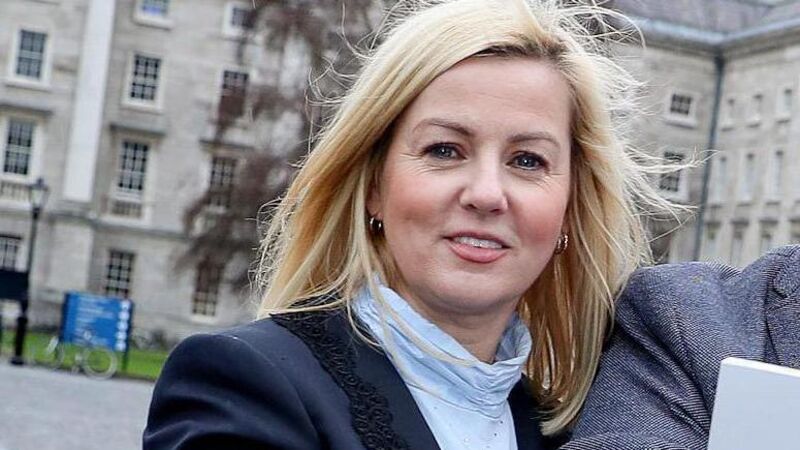Ireland geared to addiction treatment but not recovery, expert claims

Professor Jo-Hanna Ivers said: "People are going into treatment with nothing and then leaving with nothing and then we are all horrified that they relapse." File picture: Maxwell Photography
Ireland is geared towards addiction treatment, but not towards addiction recovery, with a major conference at Trinity College Dublin today to hear that more support services need to be put in place to cut the number of people who relapse.
The organiser of the conference, TCD professor Jo-Hanna Ivers, who will present on the Irish context, said there appears to be a lack of political will to turn treatment into longer term recovery - particularly for those who do not have "recovery capital", such as good working relationships and education or work prospects.










